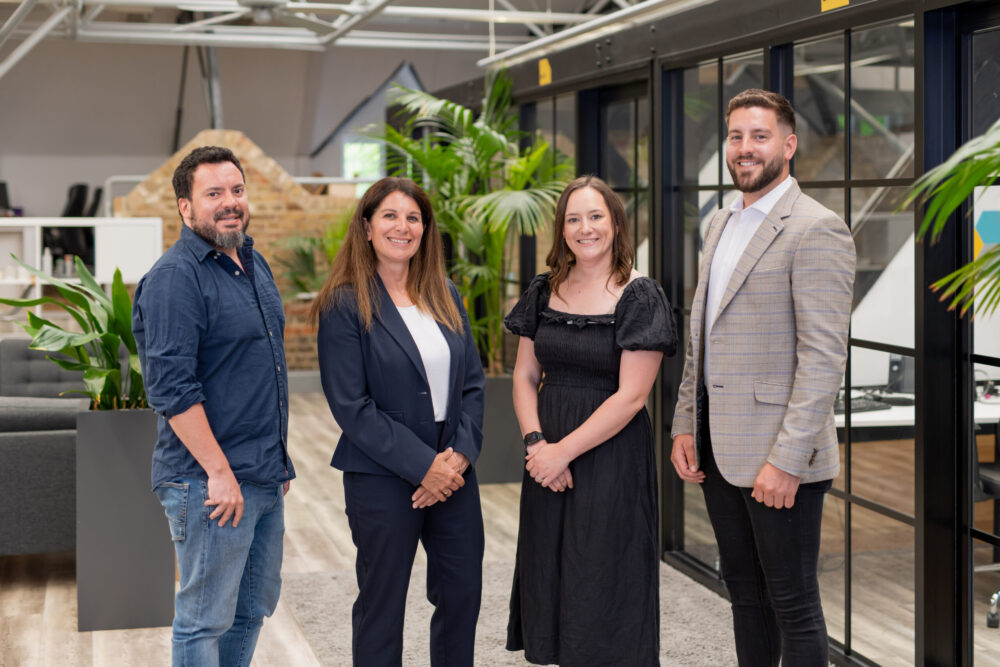
Patient engagement is more important than ever with many patients now starting to weigh up their healthcare options in much the same way as they do when buying a car. Patients don’t want decisions about their health to be made for them. Instead, they would prefer to understand more about their health from trusted sources and reach decisions with a healthcare professional. This collaborative approach helps health systems build trusted relationships so patients stay invested in their care. In fact, engaged patients are three times less likely to have unmet medical needs, and twice as likely to seek care in a timely manner when compared to unengaged patients (Excel Medical, 2022). There is no doubt that engaging patients more in their ‘healthcare journey’ has positive outcomes, not just for the patient but also for the practice. The long term benefits include: reduced costs, increased patient satisfaction, increased staff morale and ultimately improving overall healthcare.
Health and social care continues to undergo radical changes, transforming the way patients interact with healthcare providers. Patients’ expectations are raised; wanting to be involved in every step of their care delivery process. They are savvy and they want more ways to connect with their surgery; from online bookings, to SMS, to social media. And whilst many just see these as recent social habits, the reality is that they DO improve patient experience and have the potential to reduce costs too.
Alongside a potential lack of understanding of the full benefits, surgeries are busy and already stretched thin trying to: run their surgeries, care for patients and adhere to what feels like a never ending implementation of the latest ‘tech’! Who actually has time to do more and to think about what patient engagement means to them? Well it isn’t as hard as you think and most certainly won’t take as much time as you think.
In fact, there are many opportunities to automate engagement and provide the tools patients want without adding to your workload. Today, there are solutions that once set up enable easy online appointment bookings, SMS, emails, follow up patient surveys, and most importantly digital literacy support.
For example, Hanley Consulting began working with Maple PCN in June 2022, launching a patient survey to their registered population of approx. 40,000. An opportunity to conduct research to understand overall satisfaction of their patients, enhanced access needs and the understanding patients have of digital access. The survey was open for 2 weeks and there was a good response with 17% of patients completing the survey against an industry average of c10% (Delighted by Qualtrics, 2021).
As analysis began it was clear the importance that the survey results would have in helping the PCN to start shaping their 5 year plan. Of those that responded, 52% were not using any online access, however 80% of those wanted to be online and either didn’t know how to get online, had issues initially setting up online access or didn’t have access to the internet. Hanley Consulting conducted this survey across 7 Buckinghamshire PCNs all of which had similar results.
We know there are both personal and systematic barriers that continue to hinder patient engagement. There is often a hesitancy to be proactive due to a variety of factors and often patients do not have the digital literacy level, or access required, to make informed decisions.
General Practice (and PCNs) must take steps to understand and keep these factors in mind when crafting their engagement strategies to ensure all patients have confidence in their decisions. Primary care is not currently set up to facilitate patient engagement, whether it be due service design or a lack of advanced technology (or in some cases the ability to use that technology).
This is where the EDATT framework comes in. A hands off approach which enhances patient engagement and experience, with digital support at the tips of their fingers! The framework has been designed to consider all those barriers and ultimately reduce workload for the surgery staff. Read more about how the EDATT framework is raising digital literacy and improving digital access in General Practice here.
So what are you waiting for? Push for the change now and empower your patients to play an active and important role in their own healthcare.
